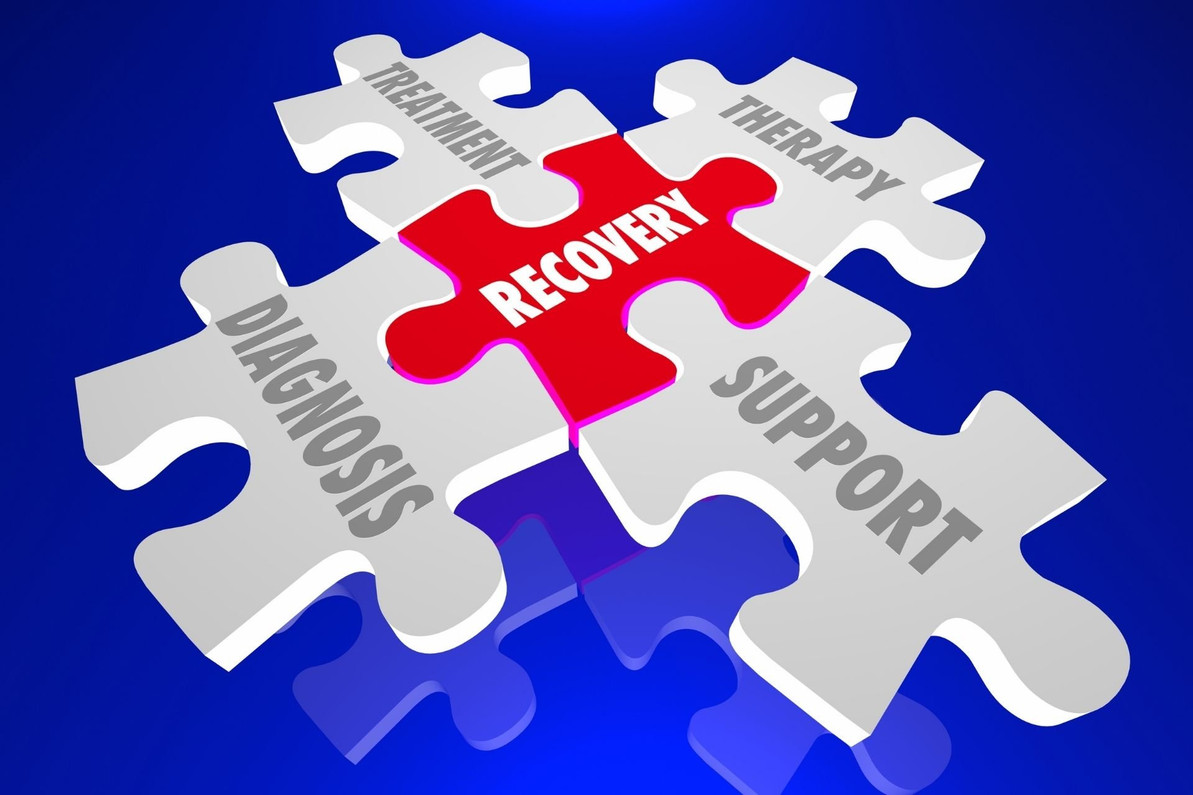Addiction Treatment
Addiction is a complex and challenging condition that affects millions of individuals and their families worldwide. Effective addiction treatment programs often utilize a range of therapeutic approaches to help individuals overcome substance abuse. Among the tools available, drug testing plays a crucial role in monitoring and supporting recovery.
Here are some key points highlighting the importance of drug testing in addiction treatment:
Assessment and Diagnosis: Drug testing is often used at the outset of treatment to assess the extent of substance use and to help clinicians make an accurate diagnosis. This initial assessment helps tailor the treatment plan to meet the specific needs of the individual.
Accountability: Regular drug testing provides a level of accountability for individuals in treatment. Knowing that they will be tested can deter patients from relapsing or using drugs during their recovery process. It helps them stay committed to their sobriety goals.
Treatment Monitoring: Drug tests are used to monitor progress during addiction treatment. By tracking drug use patterns over time, treatment providers can adjust therapeutic interventions accordingly. If a patient tests positive for drugs, it can prompt a reevaluation of their treatment plan.
Early Detection: Drug testing allows for the early detection of relapse, which can be crucial in preventing a full-blown return to addiction. Early intervention can help individuals get back on track and prevent the escalation of their substance use.
Reinforces Accountability: Knowing that drug tests are a part of the treatment process reinforces the importance of abstinence. It encourages individuals to stay on the path to recovery and helps build self-discipline.
Building Trust: For treatment providers, drug testing helps build trust with patients. It demonstrates a commitment to their well-being and a commitment to ensuring a safe and drug-free environment within the treatment program.
Data for Recovery Planning: Drug testing data can provide valuable insights into an individual's progress and challenges. Treatment providers can use this information to refine and adjust the treatment plan, ensuring it remains effective.
Legal and Workplace Considerations: In some cases, individuals may be mandated to undergo drug testing as part of legal or workplace requirements. This can be a motivating factor for individuals to seek and maintain treatment.
In conclusion, drug testing is an essential component of addiction treatment. It serves as a diagnostic tool, a means of monitoring progress, and a deterrent to drug use during recovery. When used appropriately and compassionately, drug testing can play a vital role in helping individuals achieve and maintain sobriety, ultimately improving their quality of life.
Recent Posts
-
We Moved To A New Location!
Medical Distribution Group, Inc. and the Identify Family of Brands have moved to serve YOU better! …3rd Mar 2025 -
8 Common Myths About Nitrile Gloves Debunked
Nitrile gloves have become a popular choice for many industries, but with their rise in popularity c …30th Jan 2025 -
8 Common Challenges in Laboratory Transport and How to Overcome Them
Transporting materials in a laboratory setting can come with a unique set of challenges. Whether it’ …16th Jan 2025

